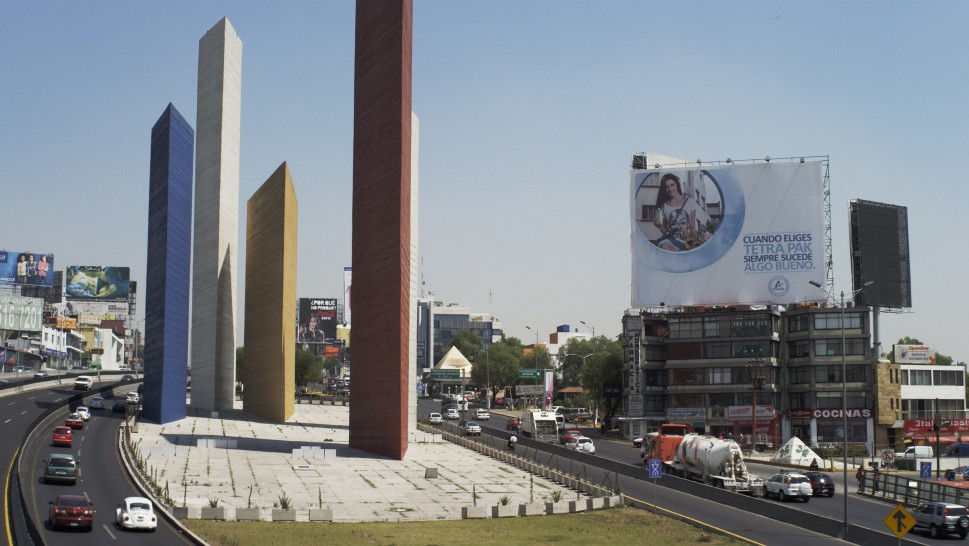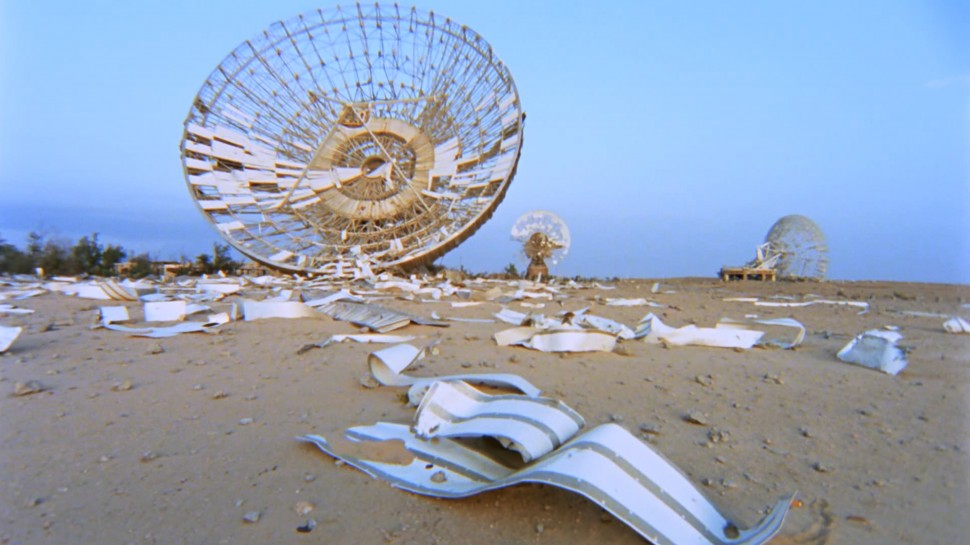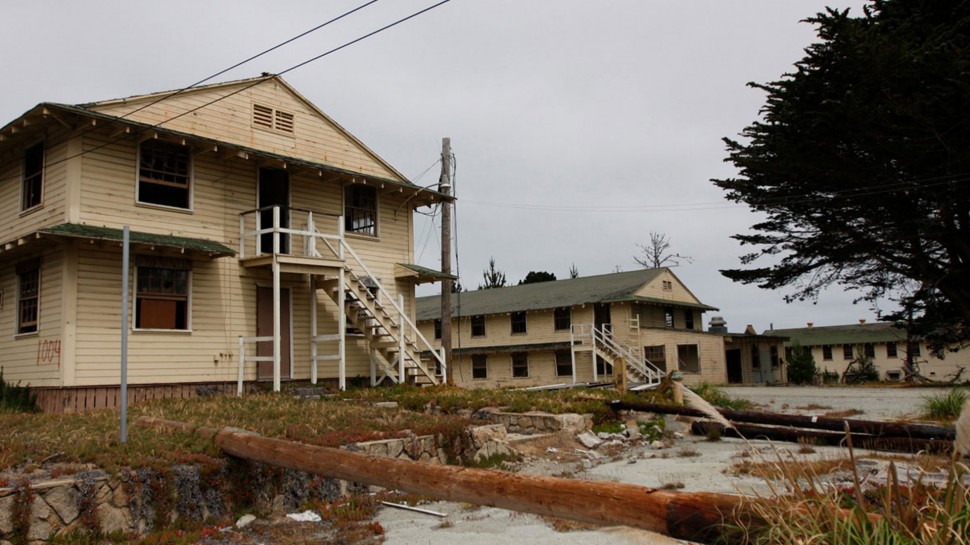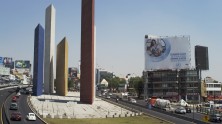


Devour the Land: Cinema, landscape, history.
In recent years landscape has emerged as a vital subject and focus of American independent and avant-garde filmmakers exploring alternate perspectives on US history, myth and collective memory. Artists such as Deborah Stratman, Christopher Harris, Lee Anne Schmitt and Sky Hopinka are among those defining innovative ways to read American landscapes differently, whether looking at the deserted homes and meeting houses in Schmitt’s California Company Town or the ancestral Native American lands that recur across Hopinka’s films. Although each of these filmmakers refine alternately poetic and rigorous essayistic modes entirely of their own, their work also acknowledges the subtle influence of earlier figures such as James Benning, Larry Gottheim and Peter Hutton, pioneering artists whose environmental consciousness and structuralist rigor defined a lyrical yet critical mode of landscape cinema.
The Harvard Art Museums' exciting new photography exhibition, Devour the Land, offers an apt occasion to reconsider the landscape film. Organized by Makeda Best, Richard L. Menschel Curator of Photography, Devour the Land gathers photographs that powerfully chronicle and study the ways the US military has inexorably shaped the American landscape and nation. Reaching back to the Civil War and continuing into recent years, Best’s exhibition gives insightful new context to work by iconic photographers such as Ansel Adams and Richard Misrach, while also showcasing lesser known artists like Dorothy Marder and Sim Chi Yin. Devour the Land also reconsiders concepts of critical landscape associated with the influential New Topographics movement that emerged in the 1970s and whose leading figures included Robert Adams whose photography is also featured in the exhibition.
Inspired by Devour the Land, the Harvard Film Archive presents a program of films that critically engage landscape as a site where deeper political, socio-cultural and historical forces are powerfully legible. Using various modes of essayistic and structuralist strategies to build meaning across their images, films in the program expand upon central themes in the Harvard Art Museums' exhibition. Two films explicitly deal with the landscape of war: Jim Finn’s The Annotated Field Guide of Ulysses S. Grant which uses battleground sites, monuments and reenactment board games to explore the legacies of the Civil War on American soil and the popular imagination, and Enid Baxter Ryce’s A Land for War which reawakens the haunted past of an abandoned Army training post in California just before it is demolished by developers. This program also, however, reaches beyond the scope of the museum's exhibition by including filmmakers who read quintessentially American landscapes in terms of more deeply entrenched, longer durée struggles related to class, labor, race. The HFA is especially pleased to include still/here, Christopher Harris’ haunting meditation on racial injustice that evokes the ruins of St. Louis’ once affluent African American neighborhoods as palimpsest sites upon which the almost erased history of displacement poignantly lingers. A small set of works by non-American filmmakers, including Heinz Emigholz and Jonathan Perel, expand the scope even further by rigorously considering the ways that landscape and architecture, be it by a renowned architect or anonymous builder, can reveal powerful truths about larger geo-political and economic forces at work—often swayed by American interests—around the globe.
Although the majority of this program will be presented virtually because of the still ongoing COVID-19 pandemic, a few films will be presented live in the HFA for Harvard students, faculty and affiliates, including a 16mm screening of Deseret by James Benning, one of the most influential makers of the landscape film, as well as 35mm screenings of Werner Herzog’s powerful evocation of the terrible folly of the Gulf War, Lessons of Darkness, and Godfrey Reggio’s iconic Koyanisqaatsi whose wordless symphony of images, set to the incredible music of Phillip Glass, allows landscape and cityscape alike to sing of the deep imbalance seeming to tip the world remade by human forces towards its own spiraling destruction. – Haden Guest
Virtual programs $10 general public / Free for Harvard affiliates and HFA Members
Purchase / reserve tickets at watchhfa.eventive.org
All in-person screenings free and open only to Harvard community















